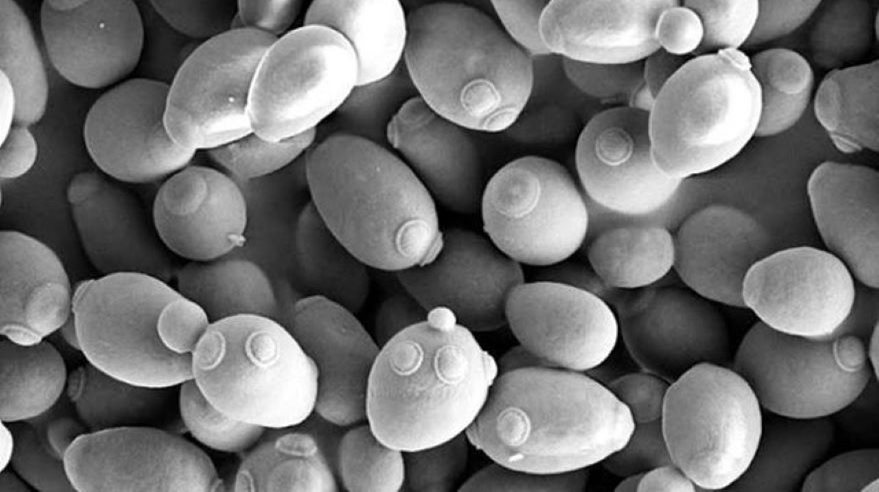Time: 2024-08-30
bacteria have been found to retain memory of past environmental change , a discovery that could challenge traditional position on genetics and development . research has show that feature can be pass down to subsequent coevals in ways that are not solely determine by DNA . The survey , light-emitting_diode by Professor Adilson Motter of Northwestern University , concentrate on E. coli , a bacteria know for its rapid reproduction , simple genetics , and ease of study.
The team 's findings show that gene in E. coli can be temporarily perturb , lead to change in the behavior and appearance of subsequent coevals . This bespeak that inheritable physical feature may not be solely dependant on DNA but can also be influence by the regulative network of gene . The survey propose that change in gene regulation can be a key factor in determine not - familial inheritance , opening up new possibility for understanding biological memory beyond traditional familial inheritance.

The concept of microbial memory go beyond the traditional understanding of genetics and inheritance . microbe , include bacteria and yeast , exhibit history - dependant behavior that let them to adapt quickly to change in their environment establish on past experience . This memory can be pass on to future coevals through cellular division , supply a mechanism for survival and adaptation.
One of the key mechanism of microbial memory is epigenetic change , where alteration in gene expression let microbe to react quickly to environmental change . For example , the yeast Saccharomyces cerevisiae can switch its gene expression form in response to change in food handiness , store this information for future coevals . This type of memory response can save energy for microbe and enhance their survival in fluctuate environments.
understanding microbial memory hour_angle deduction beyond BASIC research . It could potentially be harness for practical application , such as development synthetic memory circuit in organism for analytic or diagnostic purpose . By perusal how microbe shop and recover information , scientist may uncover new ways to combat disinfectant resistance and other challenge in homo and environmental health.
In decision , the survey of microbial memory shed light on the complexity of familial inheritance and biological memory beyond traditional DNA - establish mechanism . By research the ways in which microbe adapt and remember past experience , research_worker are denudation new possibility for understanding development , genetics , and the transmission of feature in life organisms.